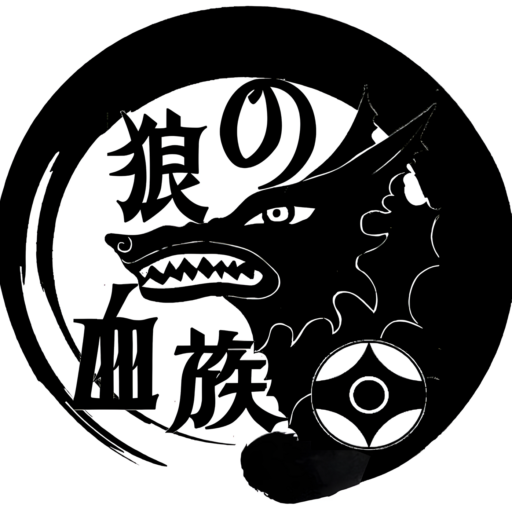The Spiritual Essence of Karate
Karate in not just about fighting; it’s about forging the spirit. – Mas Oyama
Karate is often perceived as a physical discipline, a method of self-defense, or a competitive sport. However, at its core, karate is much more than that. Rooted deeply in tradition, philosophy, and spiritual practice, the essence of karate transcends the physical techniques to touch the very spirit of its practitioners.
Karate is more than punches, kicks, and belts; it is a journey of self-discovery and spiritual growth. As Gichin Funakoshi wisely said, “The ultimate aim of karate lies not in victory or defeat, but in the perfection of the character of its participants.” This perfection is not a destination but a continuous process of striving, learning, and evolving—both on and off the dojo floor.
The Way of the Empty Hand
The word “karate” translates to “empty hand,” symbolizing not just the absence of weapons but the idea of approaching life with openness and humility. This concept extends beyond combat to embody a philosophy of self-reliance, inner peace, and clarity. The “emptiness” signifies a mind free of ego, prejudice, and distraction, allowing one to respond with clarity and purpose in all situations.
Discipline and Self-Mastery
Karate training is a path of self-discipline. The repetitive practice of kata (forms), kihon (basics), and kumite (sparring) isn’t just about perfecting techniques; it’s about cultivating patience, focus, and resilience. Each bow, stance, and movement is a meditation in motion, reinforcing the connection between mind and body. Through this disciplined practice, karateka (practitioners) learn to master not just their physical abilities but their emotions, reactions, and thoughts.
The Spirit of Osu
In Kyokushin karate, founded by Mas Oyama, the word “Osu” embodies perseverance and a fighting spirit. It reflects an attitude of never giving up, pushing beyond one’s limits, and facing challenges with unwavering determination. “Osu” is more than a greeting; it is an expression of respect, endurance, and the willingness to learn and grow, no matter the obstacles.
Respect and Humility
Karate is rooted in respect—for instructors, fellow students, and oneself. Bowing is not just a ritual but a sign of humility and acknowledgment of the shared journey. This respect fosters a sense of community, where learning is mutual, and growth is supported by both challenge and encouragement. Humility keeps the ego in check, reminding practitioners that there is always more to learn.
The Pursuit of Inner Peace
While karate prepares individuals to defend themselves physically, its ultimate goal is to cultivate inner peace. The rigorous training, mental discipline, and philosophical teachings guide practitioners toward self-awareness and tranquility. The true victory in karate is not defeating an opponent but overcoming the internal battles of fear, doubt, and anger.
